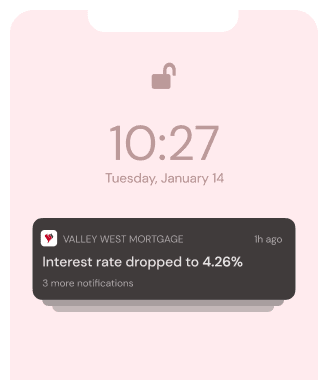
Buying a home can be a challenging experience for first-timers. Here are some mortgage tips to help get you started.
It's quite common to put 20% down, but many lenders will now permit a much lesser percentage, and first-time buyers programs allow as little as 3% down. Putting down less than 20% could mean higher costs and paying for mortgage insurance, even a small down payment amount can still be hefty.
Check out the various loan programs:
Loan Terms:
Making a much higher down payment will mean having a lower monthly mortgage payment.
Many states offer assistance programs for first-time home buyers with perks such as down payment assistance, closing cost assistance, tax credits and discounted interest rates.
You will need to now what's actually within your price range. Find your debt-to-income.
Your credit score (FICO) will be one of the key factors in whether you're approved, and it will help determine your interest rate and loan terms. Speak to an expert about any disputes you may have on your report.
We recommend comparing at least 3 lenders before making a decision. This could save you more money.
As you get closer to buying a home, it’s smart to get a preapproval, where the lender thoroughly examines your finances and confirms in writing how much it's willing to lend you, and under what terms. Having a preapproval letter in hand makes you look much more serious to a seller and can give you an upper hand over buyers who haven’t taken this step.
In a competitive real estate market with limited inventory, it’s likely you’ll bid on houses that get multiple offers so having a preapproval letter will increase your purchasing power.

Instant notifications for your scenario
Let's do it⏰ Your offer will be delivered to your inbox in less than a minute!